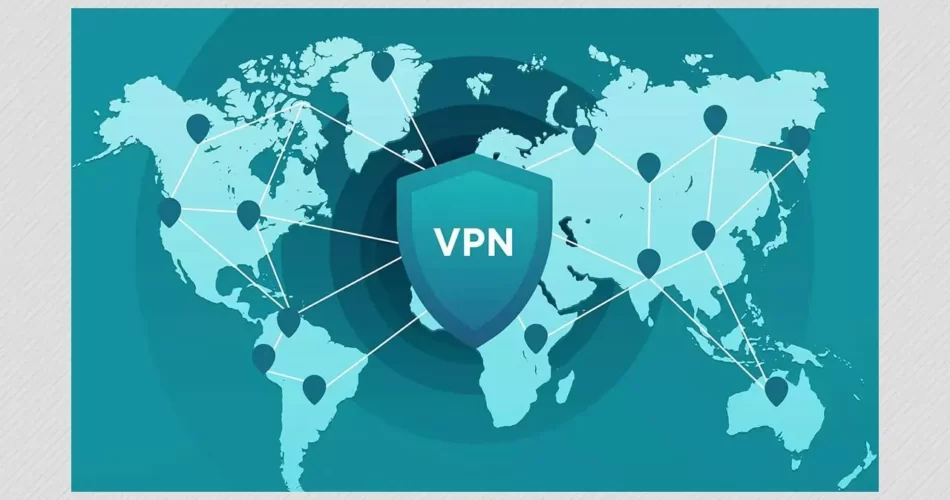Last year, after Russia confirmed the blocking of Meta’s social networks (Instagram and Facebook), monitoring companies observed an increase in demand for apps that fulfill the VPN (Virtual Private Network) function. This movement reflected the desire of Russian citizens to continue accessing the platforms, resorting to apps that try to bypass the restrictions.
However, the technological apparatus is gradually being stifled by the Russian government’s restrictions and moves to curb this practice, acting directly to reduce the promotion and availability of VPNs. According to the Russian news website RIA, the Russian Federal Communication Supervision Service, Roskomanadzor, intends to ban VPN services from March 1, 2024, said Senator Artem Sheikin.
To put this into context, it’s important to remember that VPNs work to provide secure communication between points using the concept of encapsulating the packets to be transmitted in a secure “tunnel” – a technique known as VPN Tunneling.
This data tunnel encapsulates traffic belonging to a number of hosts behind it and adds its own header on top of the actual packets. By encrypting the original packet and header (and routing the packet based on the additional layer 3 header added on top), the tunneling device effectively hides the packet’s real origin.
For many users, the issue of security takes a back seat. The use of a VPN is more associated with being able to break geographical restrictions. This means, for example, that a website or social network profile blocked in Brazil can still be accessed by the user using the VPN.
The Russian government is already directing its efforts against app stores, such as AppStore and Google Play, so that VPN-related apps are unavailable until the period set by Roskomanadzor (March 1 next year).
If the companies refuse, their activities could be suspended on Russian territory. With this measure, the Russian government is trying to shield the local population from accessing content considered forbidden, such as Meta’s platforms.
“I would like to stress that it is especially important to restrict citizens’ access to the products of Meta, a recognized extremist organization,” added the senator.
In addition to access to the services of companies that the Russian government considers to be in opposition to its own narrative, pressure on local media outlets is also increasing.
BitDefender, a security company that also provides a VPN service, mentions on its website that in some countries, when you try to use Bitdefender VPN, you may come across the following warning: “VPN applications are currently restricted in your region. Some countries apply restrictive regulations on VPN use. Whereas the use of a VPN service is liable to sanction.”
The company mentions the following countries: Belarus, China, Iran, Iraq, North Korea, Oman, Russia, Turkey, Turkmenistan, Uganda and the United Arab Emirates.

